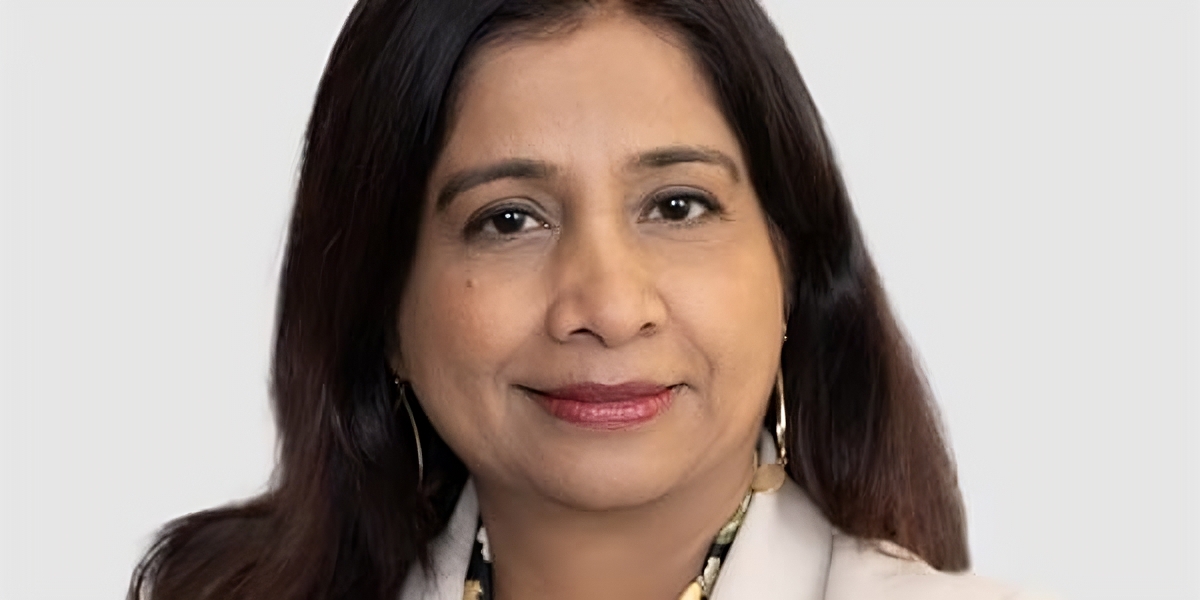Physical Address
304 North Cardinal St.
Dorchester Center, MA 02124
Physical Address
304 North Cardinal St.
Dorchester Center, MA 02124

In order to make AI-centered female scientists and others well deserved and expired in the spotlight, techcrunch A series of interviews Focusing on remarkable women who contributed to the AI Revolution.
Raji Arasu, Autodesk CTO, said it “for decades” to use AI to solve software-related challenges.
“When traditional software development approaches – whether deterministic, procedural or other conventional methods – struggled to deal with complex problems, I have always turned to AI as a solution, especially for non -structured data,” Arasu said in an interview.
Arasu had a long career in the tech. In 1993 he joined Oracle as an engineering manager. A few years later, Ebay was admitted as a leading manager, where he worked for the role of Vice President of Technology. After Stubhub and Intuital, Arasu accepted Audodesk’s offer, where he has stayed in the last four years.
Most of these options were made possible by a strong professional support network, Arasu said. He tried to help others with the success of drawing attention to women’s support in technology and in leading DEI initiatives, especially for board advice.
“At the beginning of my career, I was fortunate enough to have a lot of mentoring sets who played a decisive role in the formation of trust, gave me a bold voice to my perspectives and opinions, support myself, and make sure I have a place at the table,” Arasu said. to form a part of women, colorful people and individuals with a variety of backgrounds. “
Over the years, Arasu said in his various works that he was located in the first line of exciting developments in Ai Square. For example, at Autodesk, he oversee the company’s R&D ORG, which revealed AI applications in areas such as construction automation, 3D modeling and engineering design.
“Domain-specific fine tuning of computing, generation AI and large models has shattered the boundaries of research laboratories and brought these technologies into the real world,” he said. “I am captivated by the speed that this AI revolution is ready to transform the industries.”
While exciting, he has the risks, Arasu admitted. AI systems often reflect the distortions and assumptions of their creators, he said, and there are considerable concerns about data protection, transparency and data exercises that need to be addressed.
Arasu is a supporter of “close cooperation” between industry and the government to create “well-informed” AI policies that begin to deal with these risks. But he warned that strong politics could only come from multidisciplinary and varied cooperation groups.
“Unlike past revolutions, it is clear that inclusive participation, especially women, is essential to achieve fairer, more innovative results in AI and other emerging technologies,” Arasu said. “As AI transforms industries such as health care, education and finances, women’s participation ensures that technology reflects a wider range of human experience.”
Regardless of the regulation, when AI is responsible, Arasu believes that companies must ensure that their system is aware of its operation so that users can rely on decisions – or at least not distrustful. It begins, he said, understanding customers’ concerns about their data, to protect eligibility and personal information, and to maintain compliance with global policies.
“Ethical planning needs to be controlled by the development process,” Arasu said, “the integration of various perspectives and the creation of governmental frameworks to reduce bias and address risks. Continuous monitoring and accountability are essential, ensuring that AI systems operate in the desired way and handles the questions immediately. Finally, promoting multidisciplinary cooperation in the center of the customer helps AI serve the common good, navigate risks, and maximize its benefits to society. ”